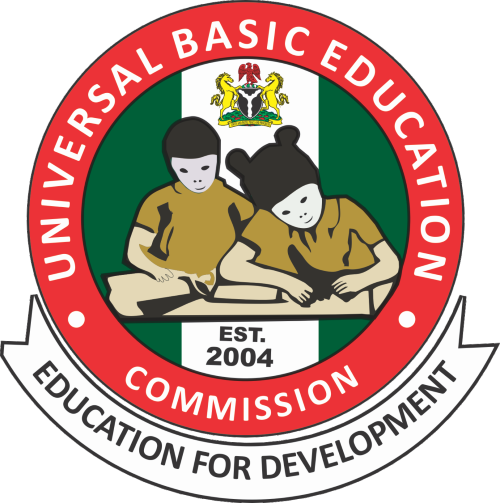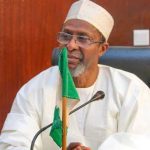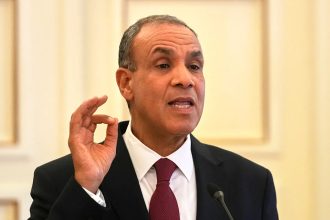The Universal Basic Education Commission has said there is an urgent need for a workable and user-friendly template for the preparation of work plans to replace the existing one, which has been in operation for over a decade.
It urged policy implementers to embrace the revised Basic Education Action Plan template aimed at removing bottlenecks that have hindered states from accessing about N68bn dormant funds for the improvement of basic education in Nigeria.
Executive Secretary of the commission, Aisha Garba, stated this in Uyo, Akwa Ibom State, while declaring open a training workshop for South-South States’ Universal Basic Education Boards Directors and Desk Officers of the Department of Physical Planning on Wednesday.
The Basic Education Action Plan template, which was officially unveiled at a meeting in Makurdi on May 25, 2025, has been revised to champion results-based planning and financial accountability.
The workshop therefore aimed to bring the new tools and support systems directly to SUBEB Directors and Desk Officers of the Department of Physical Planning responsible for the planning and execution of action plans in their various states.
Aisha, who was represented by her Special Assistant, Ibrahim Gold, attributed states’ failure to meet the basic requirements for accessing the dormant funds to associated complexities caused by slow utilisation and systemic inefficiencies.
Garba said, “Accordingly, this capacity building workshop is in line with reforms, especially in the area of developing work plans to access the UBE Intervention Funds.
“The thinking in the Commission is to have only one work plan for the different envelopes of the intervention funds i.e. Matching Grants, Teacher Professional Development, Special Needs etc.
“Therefore, the need to come up with workable and user-friendly templates for the preparation of work plans to replace the existing one that has been in operation for over two decades.”
Reflecting on the encouraging performance of a similar workshop held for Northern states in Kano, Aisha Garba urged participants in the South-South to aim for even better results.
In their separate remarks, Director of Physical Planning at the commission, Alhaji Sadiq Saiad, and the Executive Chairman of Akwa Ibom SUBEB, Dr. Aniette Etuk, urged participants to pay attention to details to achieve the intended purpose of the workshop.
The Universal Basic Education Act of 2004 established UBEC to coordinate, monitor, and implement the country’s basic education programme, which covers primary and junior secondary schooling. The law provides that states must contribute a counterpart fund to access federal allocations under the Universal Basic Education Intervention Fund.
However, investigations have consistently shown that billions of naira in UBEC funds remain unaccessed yearly due to states’ inability or unwillingness to meet the requirements.
In March 2024, Punch reported that 27 states and the FCT failed to access N36.1 billion in UBEC matching grants in 2023, despite glaring infrastructure gaps in public schools nationwide. The report, which cited official UBEC documents, highlighted that some states had failed to access their allocations for several years, leaving classrooms overcrowded, teachers poorly equipped, and facilities in dire need of repair.
Nigeria’s basic education sector continues to face serious challenges, including dilapidated infrastructure, overcrowded classrooms, a shortage of qualified teachers, and high dropout rates.
According to UNICEF, about 10.2 million primary-age children and an additional 8.1 million junior-secondary-age children are not attending school in Nigeria, giving a total of around 18.3 million out-of-school children. This is the highest number in the world.









